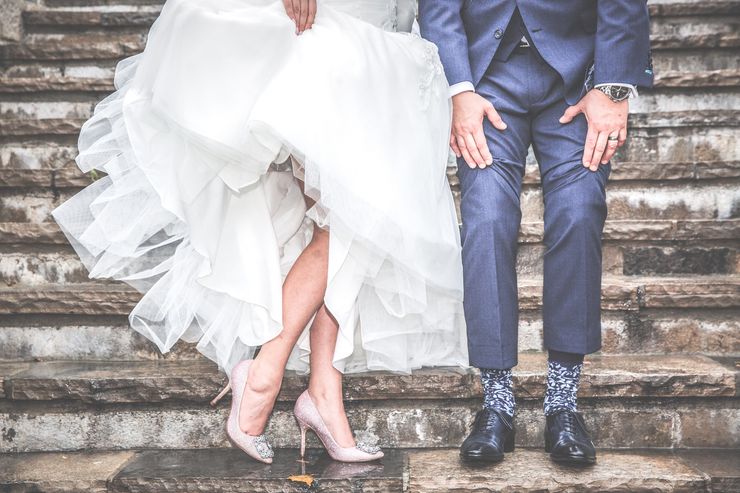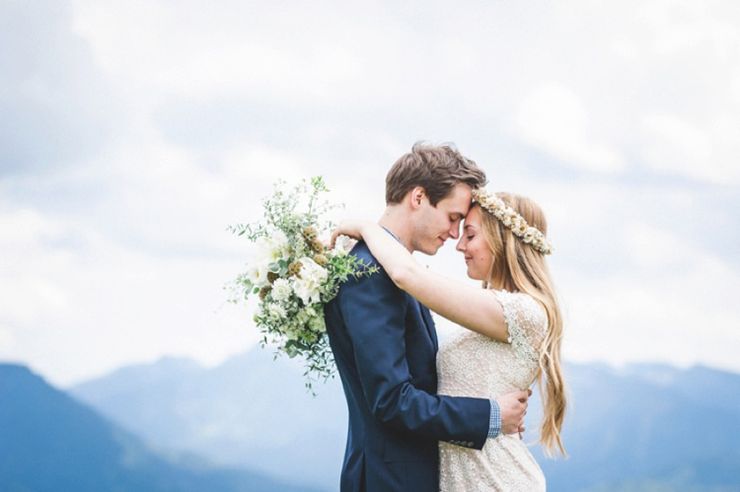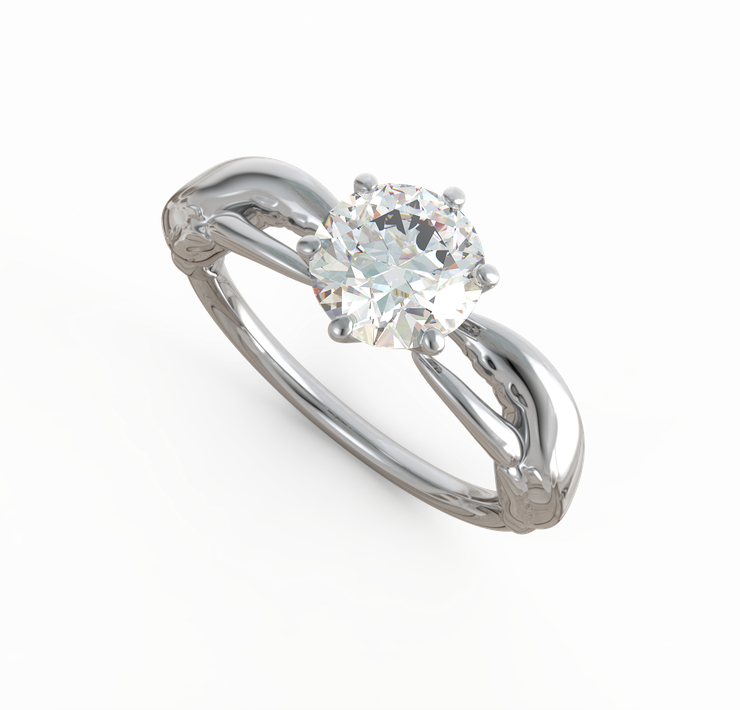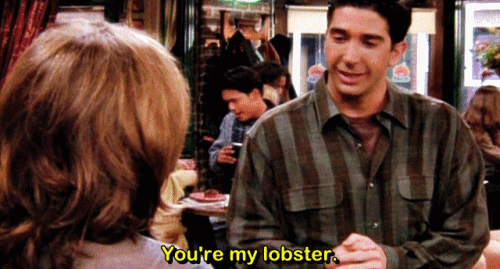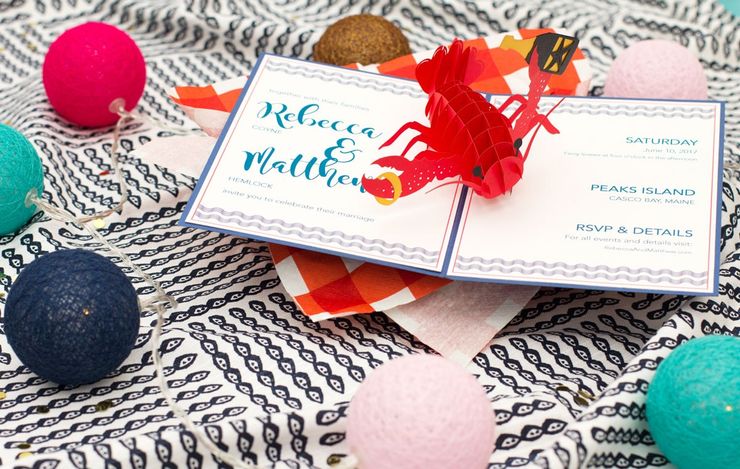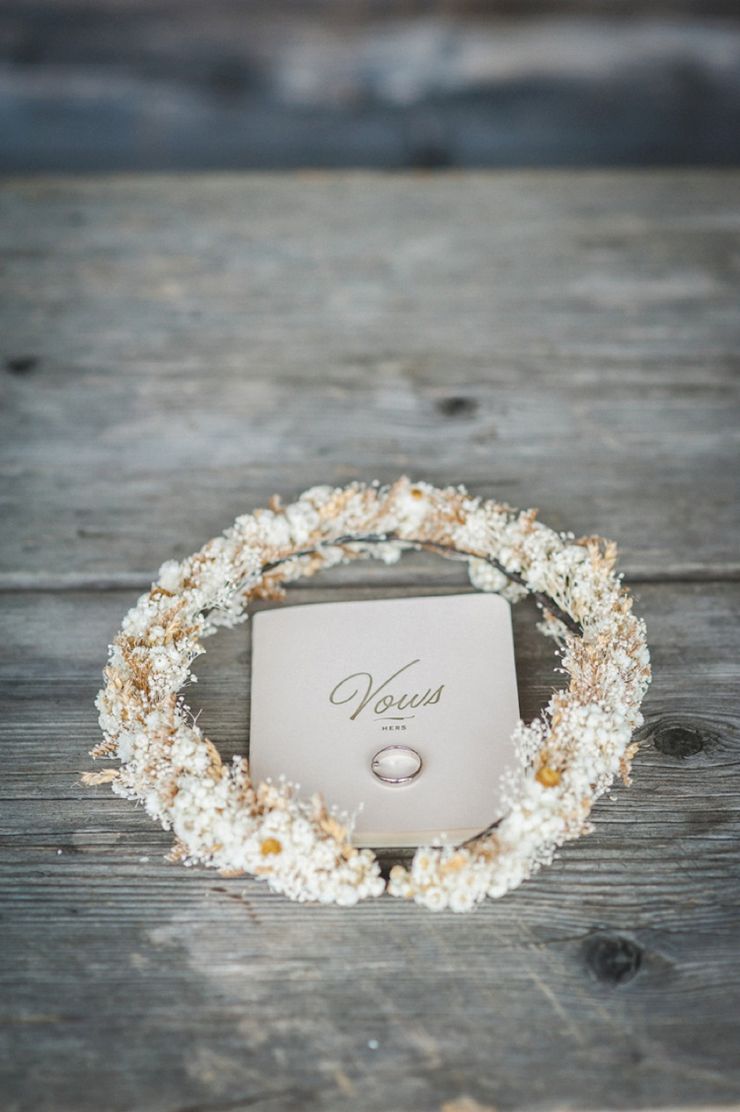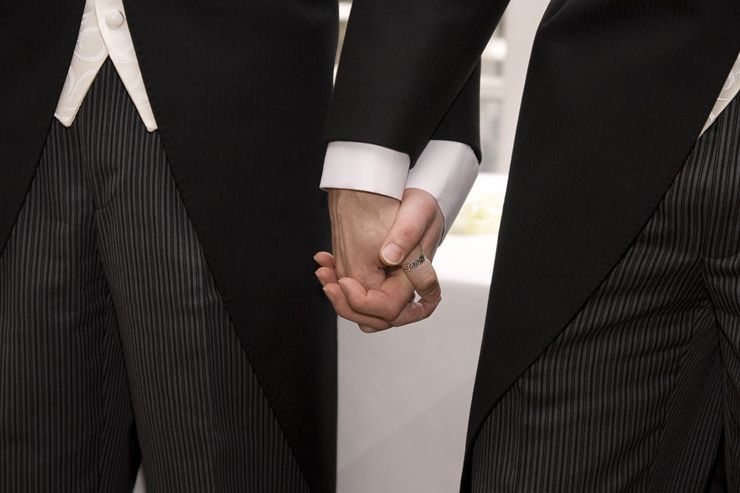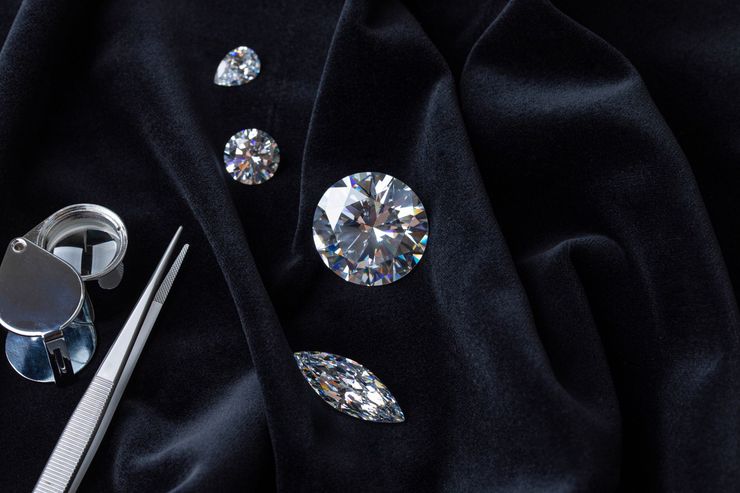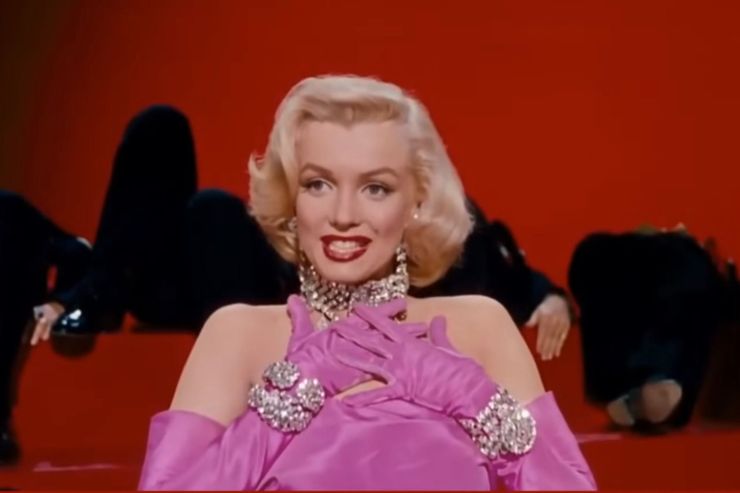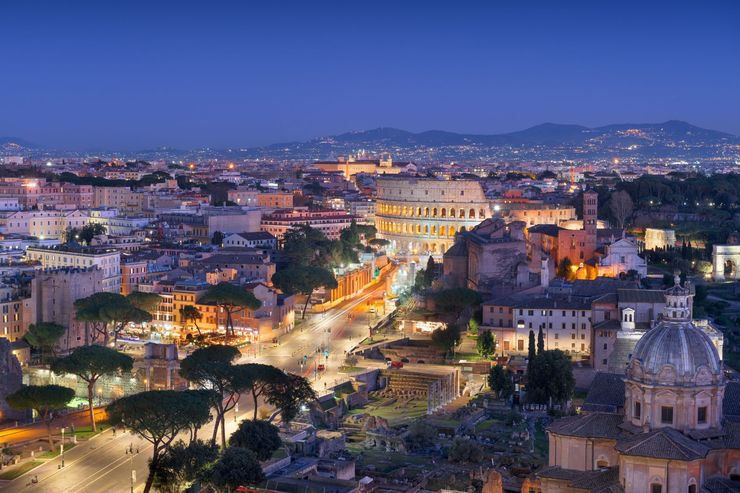This millennial creator mindset means more:
- Youtube save-the-date videos.
- Destination weddings in exotic locations that can cost less than a wedding in the US or Britain.
- Pinterest-inspired crafts and hand-made thank you gifts from the bride and groom.
- Quirky new traditions that go viral on social networks.
- Custom-designed engagement rings and bridal jewellery.
Many people and brands seem to be resistant to the shift we’re seeing in how couples marry because they’re assuming the change is rooted in millennials not valuing marriage as much as previous generations have.
Fortunately, there’s not much truth in this—only proof that people are quick to label change as “bad.” Millennials are actually approaching not only wedding planning but marriage itself with a great deal of care and consideration…perhaps more than any generation before has. This could be because of witnessing the divorce rates peak in generations before them. No matter the cause, millennials are taking great care when approaching marriage because they value it—not because they think less of it.
Affecting the way they value marriage more than anything is their prioritisation of social equality. Women are more career-driven than ever before. With both men and women valuing equally their goals as individuals, marriage doesn’t fit into a couple’s life as early as it once did. Millennials see men and women as equals with career milestones they’re driven to reach before they focus on settling down. With such a changing worldview, it’s no surprise that marriage—a piece within that scope—is affected.
This might make you wonder: Are millennials rejecting all tradition just for the sake of being different?
In short: no. Speak to any millennial, and it will be instantly clear that this shift isn’t just some mass rejection of tradition. While it may be true that millennials are rejecting stereotypical gender roles in return for an experience that reflects the equality marriage should be, millennials still value the time-honored traditions of weddings. In fact, they’re devoting more time and money to every wedding tradition because they’re not only keeping those traditions, they’re personalising them. They’re recreating them with more personal touches, to create more meaningful experiences.
In fact, studies show many millennials are actually digging deeper into tradition and resurrecting ethnic traditions from their cultural ancestries to bring into their ceremonies.
“Ethnic, religious and local elements—ranging from bilingual music and Celtic hand tying, to Chinese tea ceremonies and jumping the broom—continue to be a strong part of wedding celebrations, with 19% of couples incorporating an ethnic or religious element into their wedding day” (The Knot).

